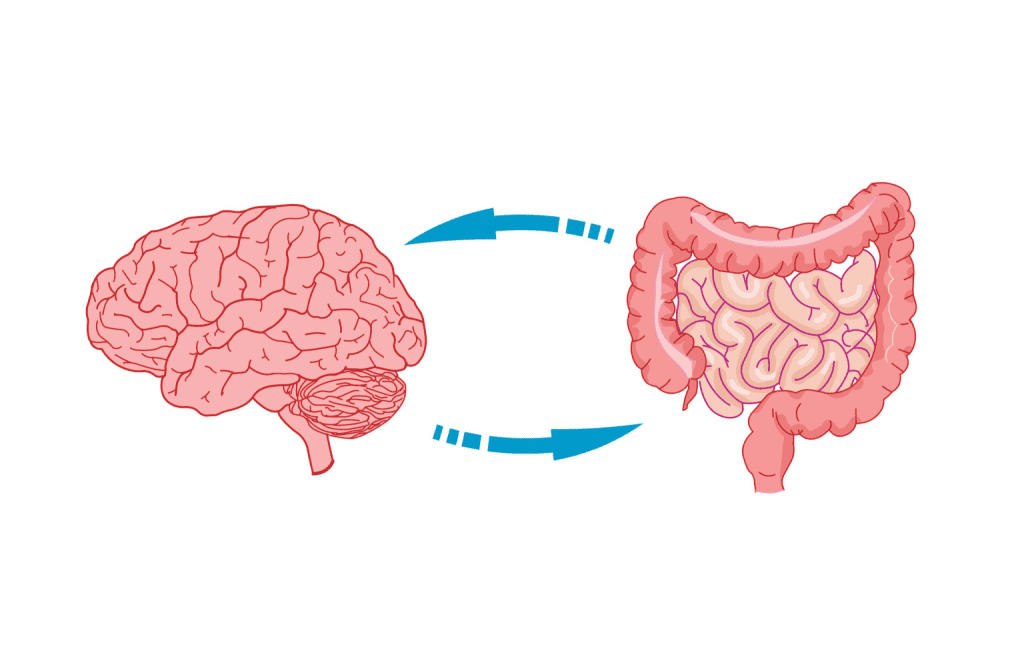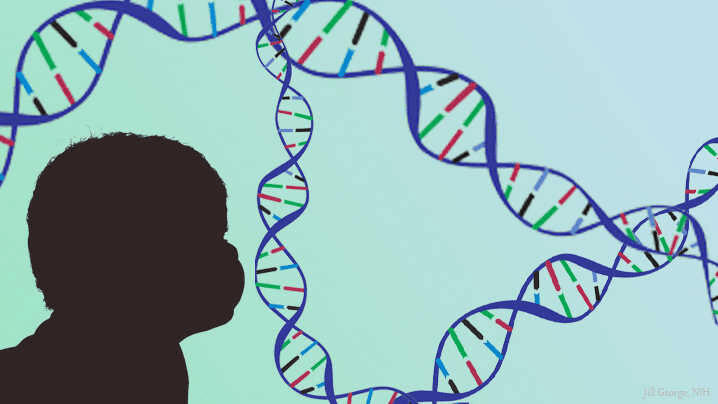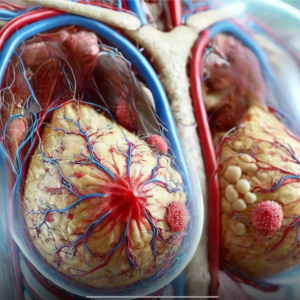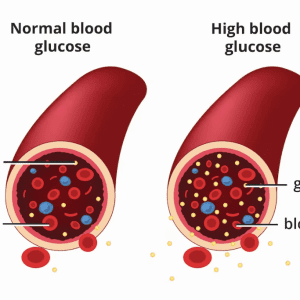For decades, the mystery of what causes autism has challenged scientists, parents, and doctors alike. While genetics and environmental influences have been widely explored, a surprising new piece of the puzzle may have just come into focus. And it starts in the most unexpected place—a mother’s gut.

That’s right. Recent research suggests that the gut microbiome of a pregnant woman could influence whether her child develops autism-like symptoms. The study, published in The Journal of Immunology, is shaking up the scientific community and could lead to a radical shift in how we think about autism, prevention, and maternal health.
The Gut-Brain Axis: More Powerful Than We Thought
We’ve all heard the phrase “trust your gut,” but it turns out your gut may play a much larger role than intuition. Scientists have been mapping out what’s known as the gut-brain axis, a two-way street between your digestive system and your brain. And now, it seems that this relationship might even begin before birth.
Video:
Scientists May Have Found The Root Cause Of Autism
This new study connects the mother’s gut microbiome—that complex network of bacteria living in the digestive tract—with early brain development in her child. It’s a groundbreaking step that moves beyond genetic blueprints and brings the immune system into the spotlight.
The Power Player: IL-17a and Inflammation
At the center of this discovery is interleukin-17a (IL-17a), a molecule you’ve probably never heard of unless you’re knee-deep in immunology textbooks. IL-17a is part of your immune response and plays a crucial role in protecting against infections.
But here’s the catch—too much IL-17a, especially during pregnancy, can cause problems. Researchers from the University of Virginia found that when IL-17a levels were high in pregnant mice, their offspring showed autism-like behaviors. This included poor social interaction and repetitive movements—hallmarks of autism spectrum disorder.
Even more fascinating? These behaviors only appeared when the mother’s gut microbiome triggered strong IL-17a immune responses.

The Experiment That Turned Heads
The study involved two groups of pregnant mice:
- One group had a gut microbiome that led to a strong IL-17a immune response.
- The other group did not have this inflammatory microbiome.
When IL-17a was blocked in both groups, the offspring developed normally. But when IL-17a was active, only the first group (with the pro-inflammatory gut bacteria) had pups that exhibited autism-like behaviors.
In a dramatic twist, scientists also transplanted fecal matter from the high IL-17a group into the second group. Guess what happened? The new group also produced pups with similar behavioral symptoms, even though they hadn’t originally shown a problem.
This suggests that it wasn’t genetics or random chance—it was something happening in the gut.
Is This the Breakthrough Autism Research Has Been Waiting For?
Let’s be clear—we’re still in the early days. This was a mouse study, and mice are not humans. But the implications are powerful. If similar pathways are found in people, it could mean we’re looking at one of the biological triggers for autism, tied to gut bacteria and immune system activity during pregnancy.
Think about the potential here. If we can identify high-risk microbiome patterns in expectant mothers, we might one day be able to intervene early, even before a child is born.
Video :
Scientists Hone In On The Risk Factors That Can Cause Autism
What This Could Mean for Expecting Mothers
Before anyone panics or overhauls their diet, let’s pump the brakes. This doesn’t mean every woman needs to obsess over probiotics or avoid every immune trigger. But it does reinforce a growing understanding that gut health matters—especially during pregnancy.
Doctors might eventually monitor gut health the same way they check for gestational diabetes or blood pressure. And future guidelines could include microbiome-friendly diets, anti-inflammatory strategies, or even targeted probiotics to help regulate immune responses.
It’s a new frontier, but a hopeful one.
Why This Study Stands Out in a Sea of Autism Research
Let’s face it—there have been thousands of autism studies. So why is this one different?
- It shows a direct cause-effect pathway between the gut microbiome, the immune system, and neurological outcomes.
- It identifies IL-17a as a potential trigger—not just a correlation.
- It opens the door to prevention, not just post-diagnosis treatment.
- It offers a biological mechanism that helps explain why autism might arise in some children and not others, even without a strong genetic component.
That last point is huge. Autism rates have been rising, and while better diagnosis plays a role, many experts believe environmental or biological factors must be contributing. This study gives us a tangible place to start.
What Comes Next?

Lead researcher John Lukens and his team are already working on follow-up studies. Their goals?
- Investigate whether similar gut microbiome patterns exist in pregnant women whose children later develop autism.
- Identify other immune system molecules that might be part of this autism “switch.”
- Develop safe, practical interventions to support maternal gut health and reduce inflammation during pregnancy.
It won’t be easy. But this could lead to massive changes in how we understand neurodevelopmental conditions.
Conclusion: A Game-Changing Shift in Autism Research
The discovery that a pregnant mother’s gut bacteria might influence her child’s neurological development is both stunning and empowering. For the first time, we may be seeing a biological pathway—one that’s modifiable—linked directly to autism symptoms.
It’s too early to make bold claims or sweeping changes in prenatal care, but the research is promising. And more importantly, it opens a path toward prevention, not just understanding. Imagine being able to support mothers in a way that gives their children the best shot at healthy development before they’re even born.
Autism remains a complex and multifaceted condition. But thanks to breakthroughs like this, we may finally be cracking open the black box—one microbe at a time.


